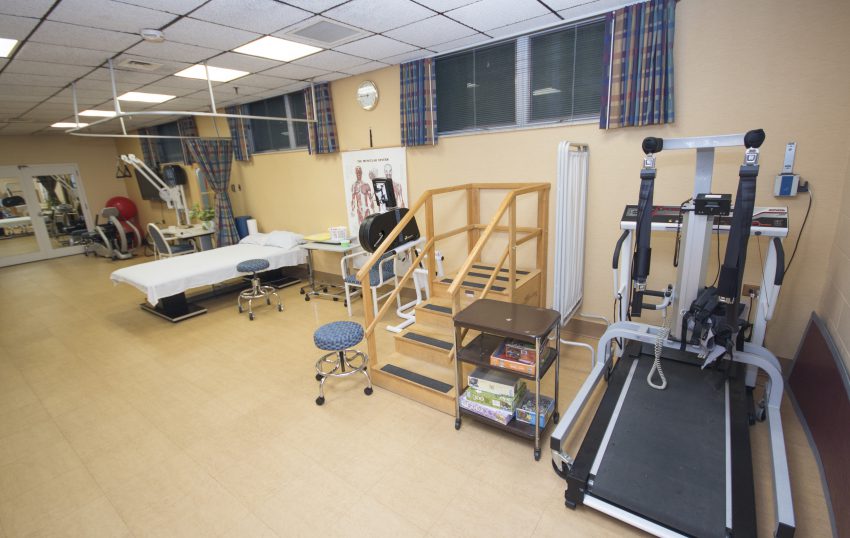The Essential Function of Diet in Enhancing Rehabilitation and Promoting Efficient Muscular Repair
The Essential Function of Diet in Enhancing Rehabilitation and Promoting Efficient Muscular Repair
Blog Article
Nutrition plays a vital role in recovery and muscle repair, particularly for sportspeople and active individuals. After intense physical exercise, the body undergoes stress, resulting to muscular damage. This damage is a normal part of working out, but adequate nutrition is essential to help the body heal and restore more resilient muscles. The right nutrients can considerably enhance rehabilitation time, improve performance, and reduce the likelihood of harm. Understanding the significance of nutrition can help individuals make improved choices to support their athletic goals.
Proteins are one of the key important nutrients for muscle repair. When muscles are stressed during exercise, tiny tears occur in the muscle fibers. Consuming protein after a training session provides the structural blocks, known as protein components, that the body needs to fix these rips. Foods high in protein, such as chicken, fish, eggs, beans, and dairy products, are superb choices for recovery meals. It is recommended to consume protein within half an hour to 120 minutes after exercising to maximize muscle recovery. This timing helps to initiate the rehabilitation process and ensures that the body has the essential resources to restore.
Carbohydrates also play an significant role in rehabilitation. During workouts, the body uses stored carbohydrates, which is stored in the muscles and liver, as a primary energy source. After a training session, it is crucial to restore these glycogen stores to replenish energy levels. Eating carbohydrates, such as whole grains, produce, and greens, helps to recharge the body. Mixing carbohydrates with protein in post-workout meals can enhance recovery even more. This mix not only aids in muscular repair but also helps to lessen fatigue and improve general efficiency in subsequent workouts.
In addition to proteins and carbohydrates, nutritious fats are crucial for general health and rehabilitation. Fats provide necessary fatty acids that the body cannot generate on its own. These fatty acids help minimize inflammation, which can occur after strenuous workouts. Foods like alligator pears, seeds, grains, and olive oil are excellent sources of healthy fats. Including these foods in a balanced diet can support the body’s recovery process and encourage long-term health. It is crucial to note that while fats are helpful, they should be eaten in reasonable amounts as part of a well-rounded diet.
Fluid intake is another critical aspect of rehabilitation that is often neglected. Water is vital for nearly every process in the body, including muscular repair. During exercise, the body loses fluids through sweat, and it is important to replace these fluids to maintain peak efficiency and rehabilitation. Dehydration can lead to fatigue, muscle cramps, and decreased strength. Drinking water before, during, and after exercise is essential. In some cases, electrolyte beverages may be helpful, particularly for extended or strenuous workouts, as they can help restore salts lost through sweat. Overall, maintaining proper hydration is Get the facts key to supporting rehabilitation and guaranteeing that the body can function at its peak.